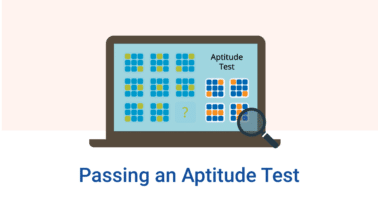Today we will continue our series on writing CVs that work effectively for Oil and Gas Jobs.
Part 2: Common Misconceptions about Resume Writing
Keep your resume down to one page, two at the most.
- The logic behind this advice is that you provide just enough information to spark some interest so that the reviewer will call the candidate with questions and that give the candidate an opportunity to ask for a face-to-face interview.
- The problem with this is that there may be hundreds of resumes to go through. If someone looks good but it’s going to require me to make a phone call or send an e-mail to ask for more information, I’m going to tag them as a B or C candidate and I only go back to the B candidates after I’ve exhausted all the A candidates.
Don’t go into great detail about your accomplishments, be concise and only hit he high points.
- There is some truth to this, I don’t want to go through 20 pages looking for the information I need. However, there is a way to have the best of both worlds that I’ll talk about in the next section.
- In the oil and gas industry most of the people hiring are engineers, and engineers like data and details. Also, if you work as a contractor you really do need all the detail about your experience so you’ll show up under a keyword search.
- Include a Cover Letter
- I hardly ever look at cover letters. I will read an e-mail but I don’t need another attachment to open. If there is something specific to the position, highlight it in your resume.
- Write a clearly stated objective on your resume.
- Initially when a hiring manager is looking at your resume, they are looking for help. An objective statement is all about you and doesn’t address their primary concern – how you can help them.
- Sometimes an objective statement can hurt you. One time I received a resume for an upstream facility engineering position, but in the guy’s objective he stated that he was looking to get out of facilities and into drilling engineering. I wouldn’t hire that guy because he would only be there until he could find a job as a drilling engineer.
Use headers, fonts, text boxes, and other elements to make your resume stand out.
- All of the above can cause problems for programs that scan and import your resume. Sometimes my system won’t even accept highly formatted resumes. Aside from that, no one really cares about how it looks, it’s all about the content.
Professionals should write a ‘functional’ resume.
- While it is good to describe functional responsibilities, don’t do this in lieu of providing a complete chronological work history with a description of roles and responsibilities.
Only go back 10 years.
- It is very important that you provide a complete work history.
This article was written by Robert Berry from PetraTech Consultants





